Lorenzo Albertazzi and Nuria Montserrat, IBEC’s Junior Group Leaders selected in the 2014 Tenure Track programme, have been successfully consolidated as Group Leader as of 1st January 2019, following a positive evaluation by the ISC.
IBEC’s tenure track programme aims to support career development by helping young researchers establish their own independent research lines. Other factors considered included the added value offered by their projects to the current IBEC research programme, and the ability of the selected candidates to carry out efficient group leadership and management.
The first four junior group leaders selected by the programme in 2012 – Eduard Torrents, Elisabeth Engel, Pere Roca-Cusachs and Xavier Fernández-Busquets – were all successfully consolidated as Senior Group Leaders as of 1st January 2017.


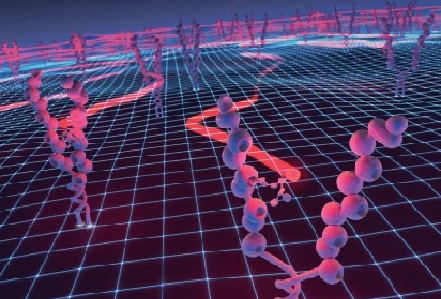
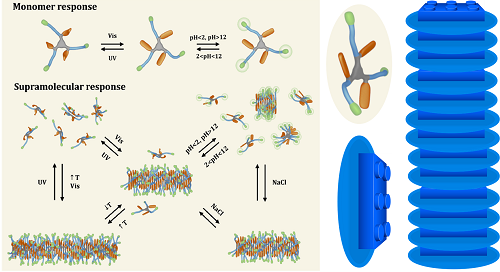
 IBEC researchers develop new multi-responsive molecules able to self-assemble in water forming fiber-like structures. The so-called discotic molecules show responsiveness to temperature, light, pH, and ionic strength and they might show great potential for medical applications such as drug delivery systems, diagnosis or tissue engineering.
IBEC researchers develop new multi-responsive molecules able to self-assemble in water forming fiber-like structures. The so-called discotic molecules show responsiveness to temperature, light, pH, and ionic strength and they might show great potential for medical applications such as drug delivery systems, diagnosis or tissue engineering.
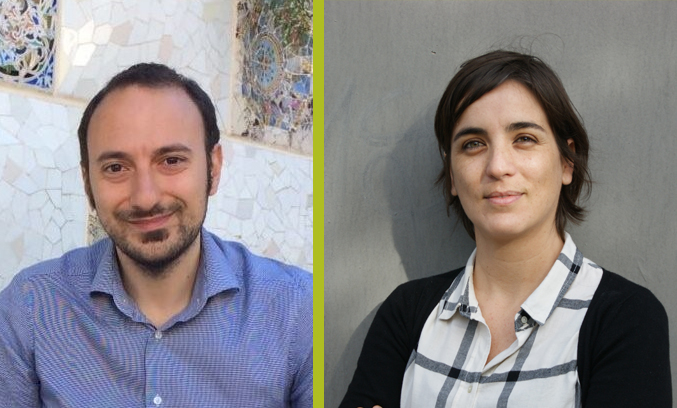
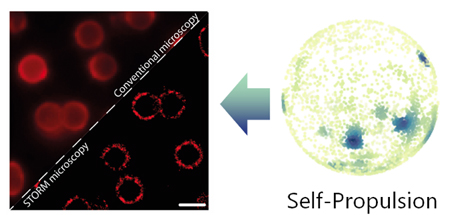
 Two IBEC groups have clubbed together to combine their expertise and reveal new knowledge that could advance the design of micro- and nanomotors for applications in health.
Two IBEC groups have clubbed together to combine their expertise and reveal new knowledge that could advance the design of micro- and nanomotors for applications in health.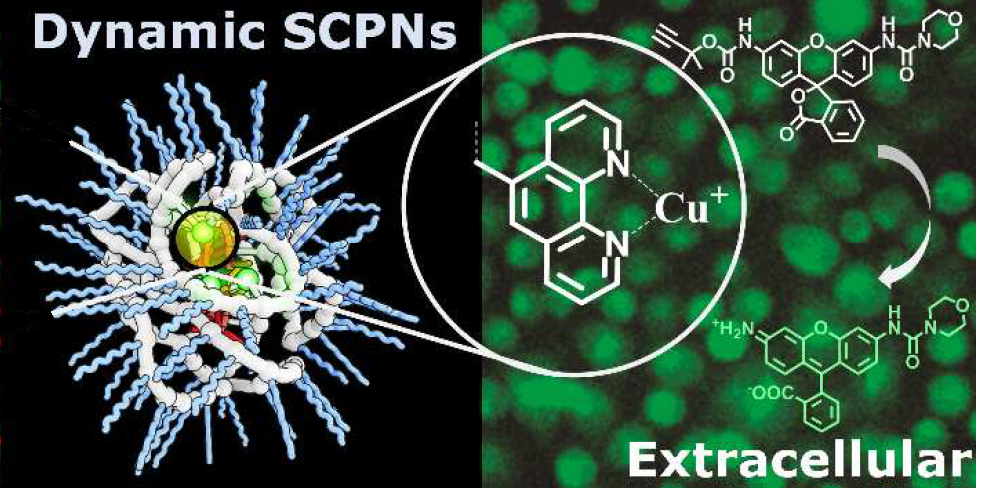
 The Nanoscopy for Nanomedicine group has studied Single-Chain Polymeric Nanoparticles (SCPNs) mimicking enzymes as possible drug activators in biological environments, like the living cell.
The Nanoscopy for Nanomedicine group has studied Single-Chain Polymeric Nanoparticles (SCPNs) mimicking enzymes as possible drug activators in biological environments, like the living cell.